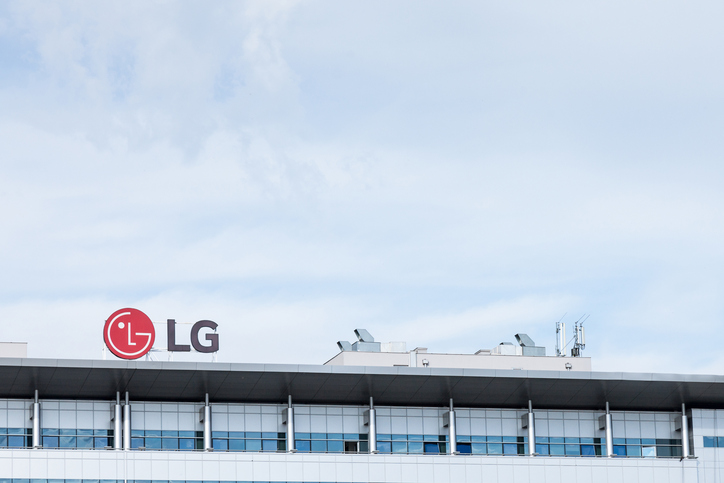LG Electronics recently announced plans to expand their Huntsville, AL, operations to include production of solar modules. The company has had a presence in Alabama for decades, and intends to invest close to $30 million for solar module production lines at its facilities. Plans are for the Huntsville location to add 160 new jobs focused on assembling the company’s NeON 2 60-cell modules with an expected production output of 500 megawatts of modules per year.
The move signals a growing trend of solar companies expanding or starting new ventures in the United States in the wake of tariffs for imported solar cell components. We recently reported on SunPower’s acquisition of SolarWorld, but stateside solar plant investment includes companies such as JinkoSolar, First Solar and Hanwha Q Cells. Specifically:
All of this (and future announcements) strategically stem from the Section 201 trade case regarding solar cells, which allows up to 2.5 gigawatts of foreign-made solar cells to be imported each year free of tariffs for the duration of the tariff’s four year span. Staying within the confines of these import limitations is allowing companies to expand and invest in other areas. LG, for example, is building facilities in Tennessee, Michigan and New Jersey focusing on appliances, vehicles, R&D and corporate matters.
It’s likely we will see a short-term increase in foreign solar companies setting up shop in the United States due to the four-year tariff limitations on solar cells. While the long-term change remains to be seen, the current expanded U.S. footprint of companies, such as LG, signals a commitment to a wider variety of manufacturing jobs in America. Do you work for a solar company that’s had to pivot strategy in light of these tariffs? Share with us in the comments below.
